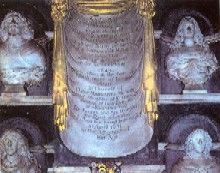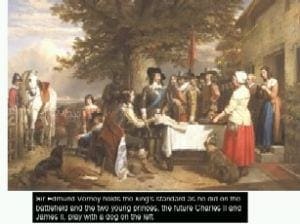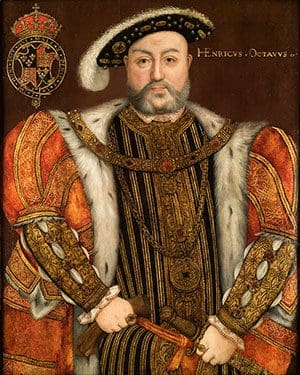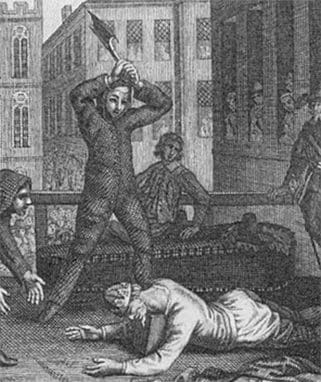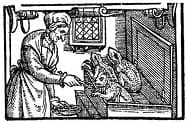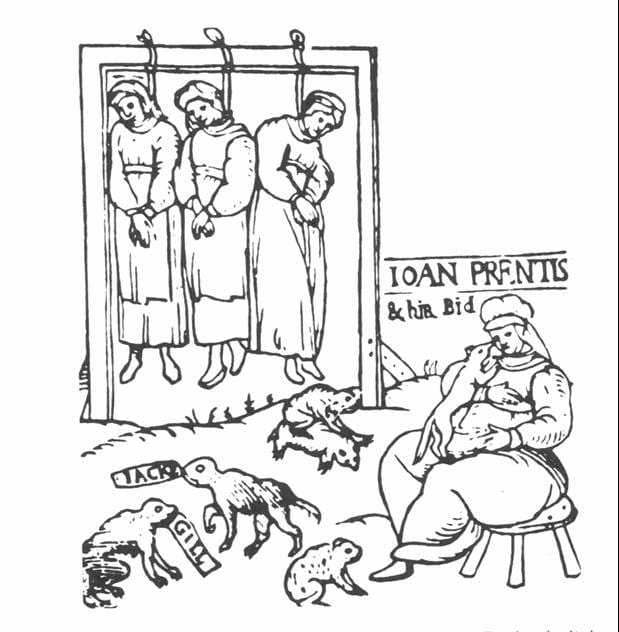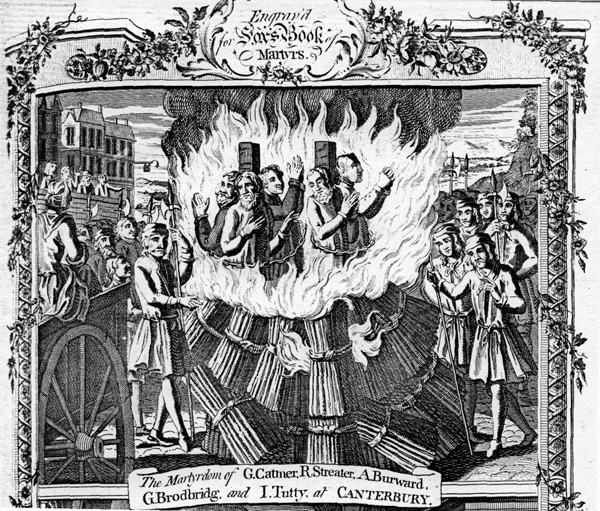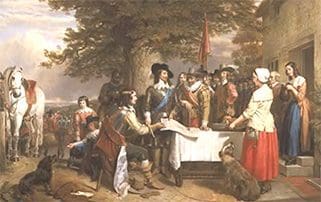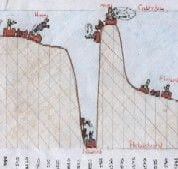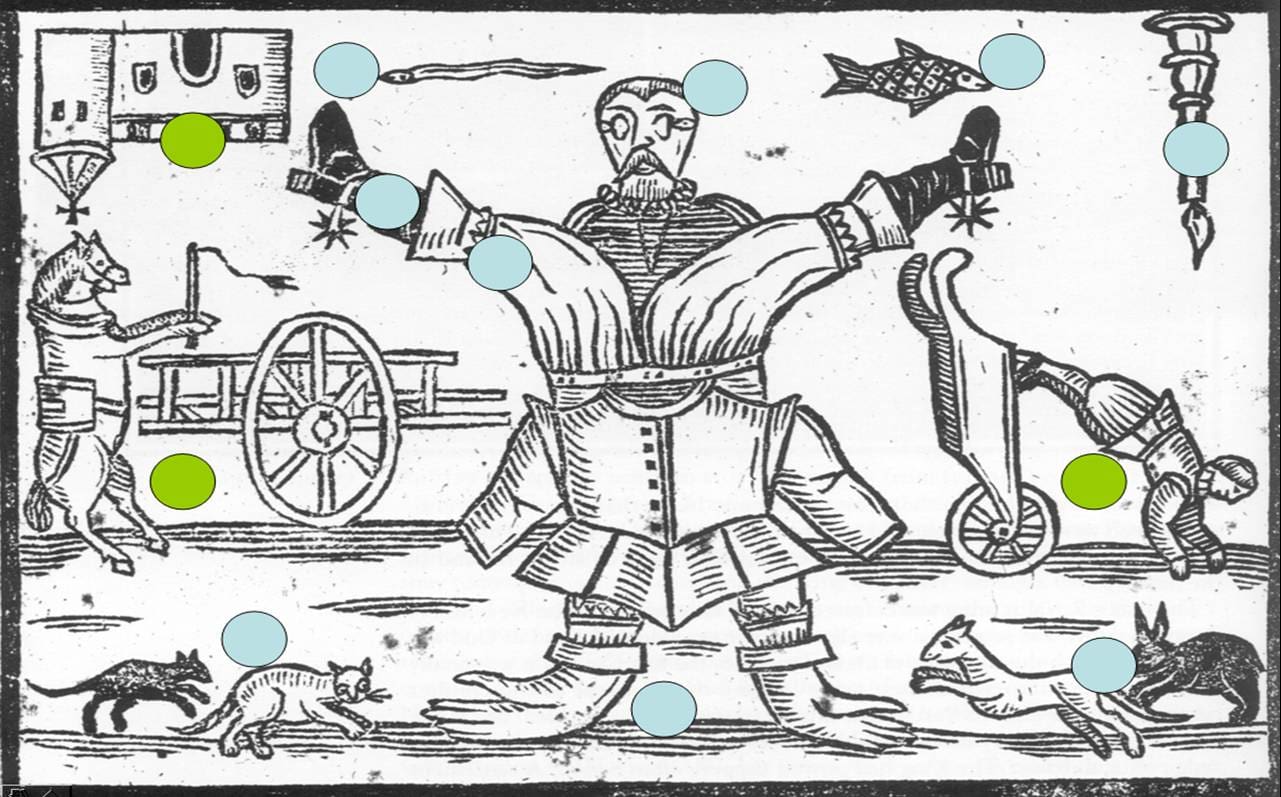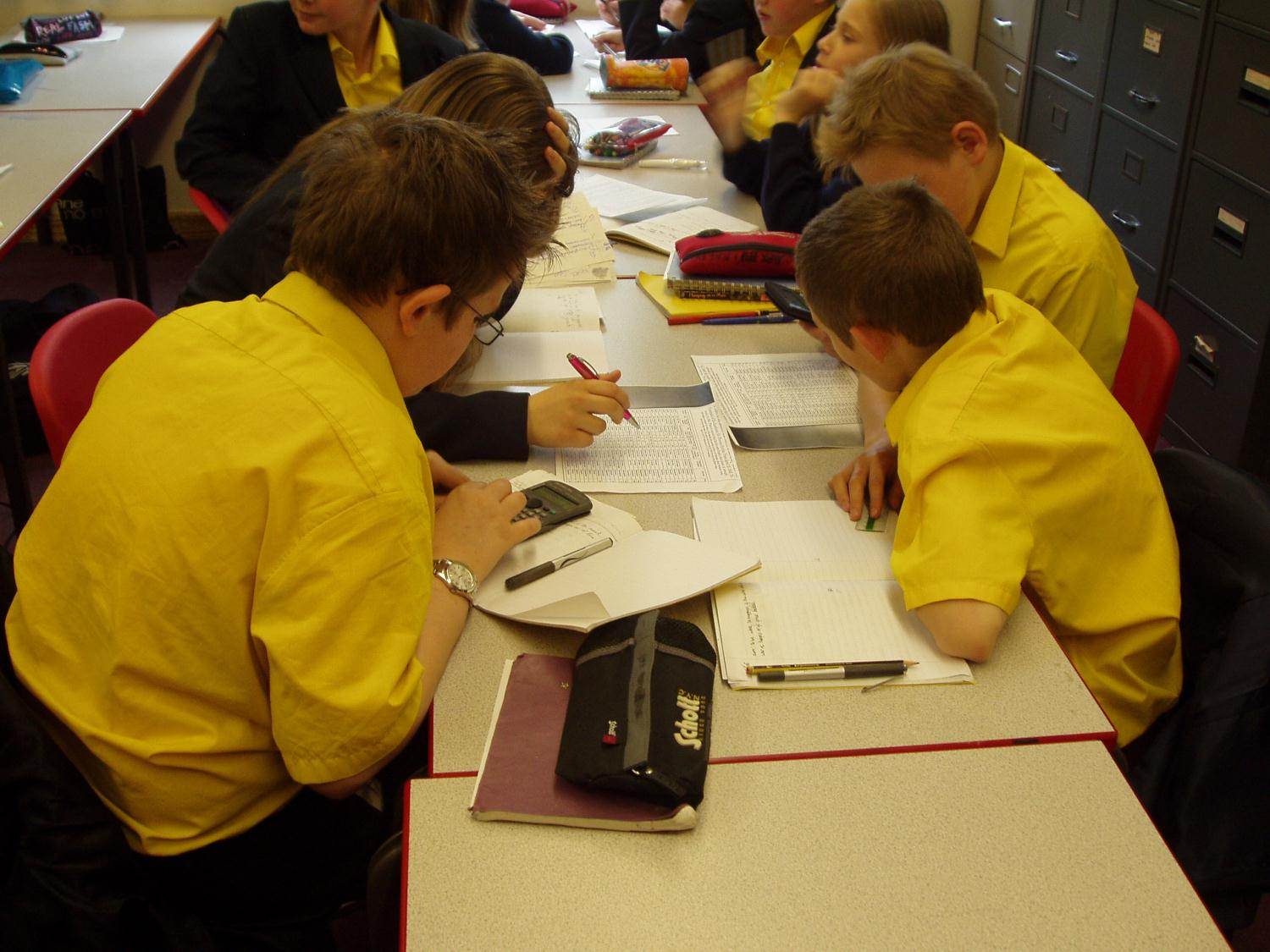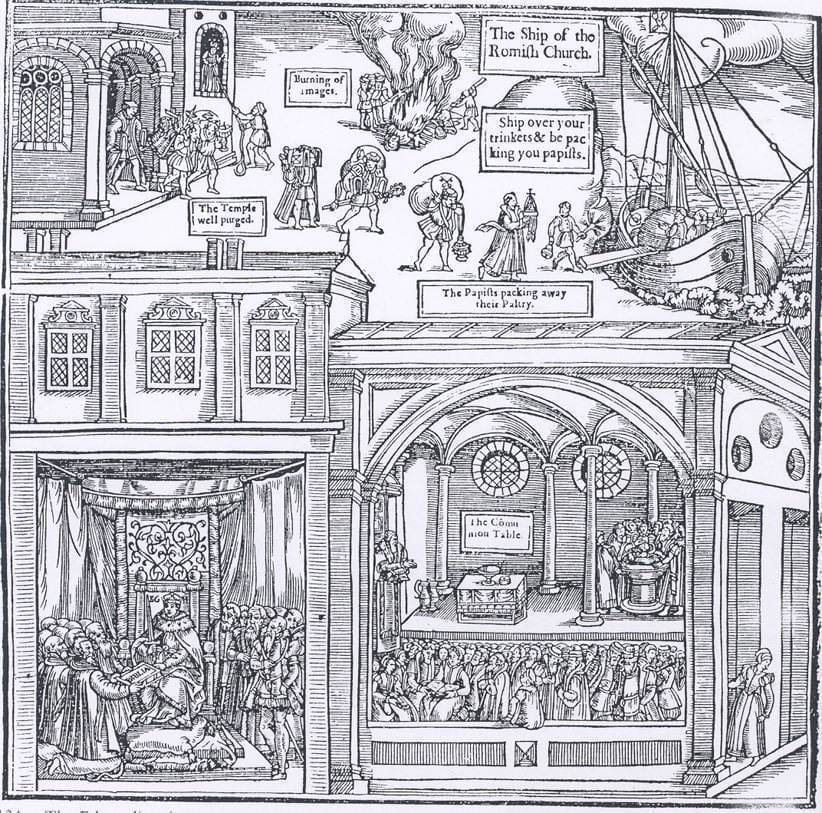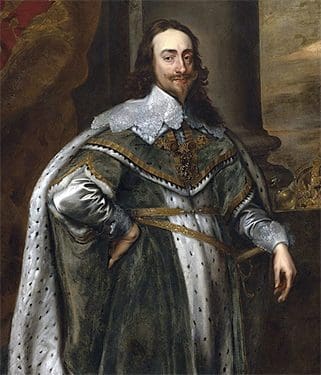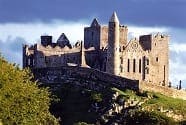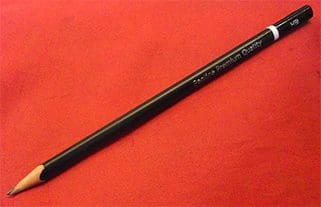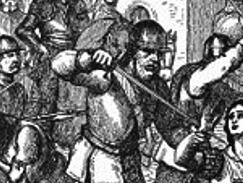Teaching Britain 1500-1750
Teaching KS3 History: Early Modern History
The following Key Stage 3 history lessons for teaching Early Modern History 1500 -1750 have all been judged to be…
Read MoreLife in Tudor Times – KQ1 part 2 – Great starter on interpretations of Henry VIII
Working closely with academic authors, in this case Catherine Fletcher, always gives a fascinating insight into what historians want to…
Read MoreThe execution of Charles I – advising a film director: a study in source analysis and evaluation
This lesson uses a set of 4 contemporary images and a secondary narrative account to examine how the author seems…
Read MoreSo you think your pupils know about Witchcraft in early modern Britain.
1. Were witches burned in English-speaking countries? A. No, they were hanged not burned, because witchcraft was a felony. This…
Read MoreWhy were so many witches hanged in the 16th and 17th centuries?
Can we beat the textbook explanation? The inspiration for this lesson came from the talented history department at Court Moor…
Read MoreHow ‘Bloody’ was Mary Tudor?
At the heart of the lesson is a courtroom trial. Pupils have to acquit Mary Tudor of the charge of…
Read MoreWhy did sons kill fathers in the English Civil War? The Verneys enquiry
Pupils in this Year 8 class had already looked at background causes of the English Civil War and had a…
Read MoreReligious change in 16th century: did they do what they were told?
Historians have often treated the Reformation as if it was one big event. All Henry VIII did was throw a…
Read MoreParchment in the flames – the World Turned Upside Down
This lesson uses a familiar post-Civil War source in an unusually intelligent way to give Y8 pupils a good understanding…
Read MoreDid the Great Fire really end the Great Plague of 1665?
In this one-lesson enquiry pupils look carefully at statistics and maps in order to challenge received opinion. To do so…
Read MoreEnglish Civil War enquiry: was the last year of the war more about sieges than pitched battles?
This enquiry lesson asks students to use a dataset about the last year’s fighting in the English Civil War to…
Read MoreStarter activity on religious changes in the reign of Edward VI. SMART TASK KS3
A quick small group starter task in which pupils collaborate to show what meaning they can make from an image…
Read MoreHaving lost his parliament, then his throne, why did Charles I have to lose his head?
This diamond-9 prioritising causes activity concludes pupils’ investigation of the reasons for the trial and execution of Charles I. Pupils…
Read MoreCromwell a reputation deserved. KS3 Smart Task
This short task focuses on an entry from a website used by lots of people today, mainly in Ireland, to…
Read MoreEarly Modern Britain 1500-1750 Smart Task: Editor’s Pencil
A quick overview activity in which pupils have to spot and correct 20 deliberate mistakes. Pupils are given an activity with…
Read MoreWere Cromwell’s actions at Drogheda as brutal as we’ve been led to believe? Ketchup on the walls. SMART TASK KS3
This Y8 courtroom drama blends a study of a couple of original sources, one in facsimile form, with evidence from…
Read More
